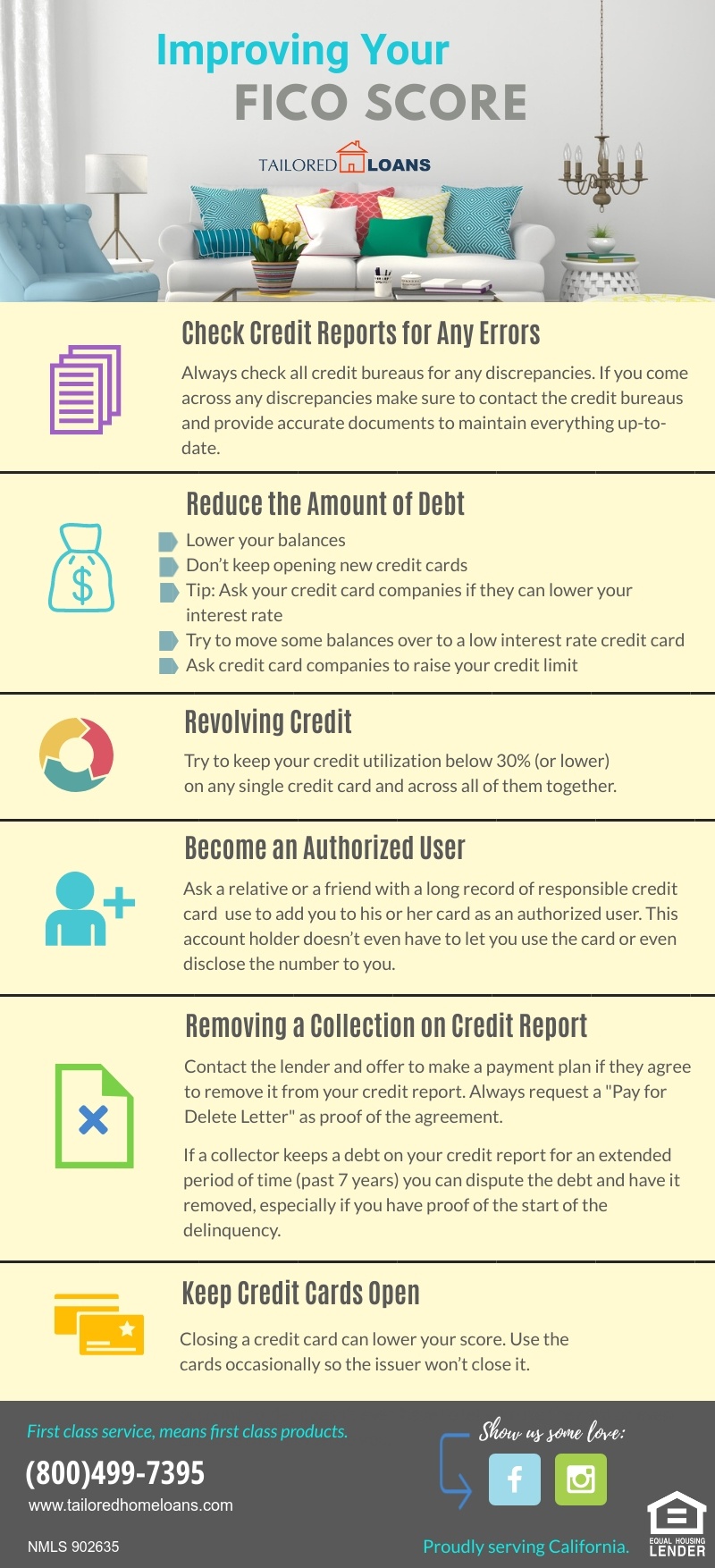Beware of e-mail phishing scams. Everyone that has an email has encountered some type of scam, even if it goes to the spam folder, but there are always scamming attempts because unfortunately so many people fall for it. Definition: Phishing is a type of social engineering where an attacker sends a fraudulent message designed to trick a human victim into revealing sensitive information to the attacker or to deploy malicious software on the victim’s infrastructure like ransomware. (wikipedia)
Email Phishing Scam:
If you receive an email from a mobile carrier, department store, bank or any other place that you are a member of or not, never click directly on that link. Always type in the url and then go to the proper website. If they offer you a coupon code, go ahead and copy and paste it, but always go directly to the website. A lot of fraudsters create a false website with a similar link, but if you are one of those people that to not pay attention, you won’t notice that you are in the scammers website. For example, say you allegedly receive an email from Wells Fargo Bank. You know the bank and decide to just click on the link and log on. Unfortunately, this was not a real Wells Fargo email but a scammers. Now the scammer has redirected you to another website that is their way to save all your log in information so they can easily access you bank account or accounts. Once you log in as you normally would these scammers now have full access to your account and before you can even identify any funds being used, they will have already done as they pleased.

1. Types of E-mail Scams
Paypal E-mail Scam :
A lot of times scammers know several people shop via paypal and have an account, so they do a mass mailer trying to target people by sending a link claiming some sort of issue. Perhaps they request that there has been fraud on the account and one must log in to put a stop to it or perhaps they claim that there was a large purchase using ones paypal account. So naturally they expect people to react by clicking on that specific link that makes one log on as they normally would to Paypal, but unfortunately now the scammers have your log in. They scammers can easily go on a shopping spree before you even notice it. Keep in mind, this same incident can happen with an e-mail allegedly from any popular bank, loan or mobile carrier.
Suspicious Activity or Log In attempts Scam:
If you ever receive an email claiming that there is unusual activity, verify a large amount debited or just too many log in attempts, there is a high chance that it is a phishing scam. As previously advised, if you ever doubt yourself, type in the url on your search tab or google the company that you feel has had unusual activity on your account to check, but NEVER click on any email link and type in your password or log in information.
Invoice Scam or Make a Payment Scam
Another popular scam is receiving a fake invoice. The fraudster hopes that you click on the link and provide your lo in information and make a payment. Don’t be fooled. If you ever have any doubt, remember that every retailer has a number or website that you can go to direct, never click on an email and log in.
Government Refund Scam
Ever receive an email that you are eligible for a government refund? Seems like this scam attracts a lot of victims. Fraudsters tend to use government scams because it seems to trigger a more positive response in people actually providing their information. People hope to receive money and take advantage of any government refunds, in return they provide their information.
Just like e-mail scams, text scams are becoming quite popular. Fraudsters invest in purchasing phone numbers so they can send mass text messages pretending to be a bank, retailer, student debt, mobile carrier or anything familiar in hopes of you entering your password and any log in information so they can steal your information. All you have to do is click on the link and enter your information, they then take you to a disguised website that they collect whatever you entered, now they have access to your personal information.
Beware of the IRS phone call scam. It is possible for the fraudster to pretend to be from a bank, mobile carrier or a popular retailer, but for some reason they state they are from the IRS the most. It tends to scare people and throw them off, tempting the caller to easily give their information. Never give out your information to any caller. The best way to be safe it to dial direct to whatever business you need to speak with and then give information to verify your account, but NEVER give any information when someone calls you, unless of course you are expecting a call and you can verify it is that person via a license number or caller ID.



Comments are closed.